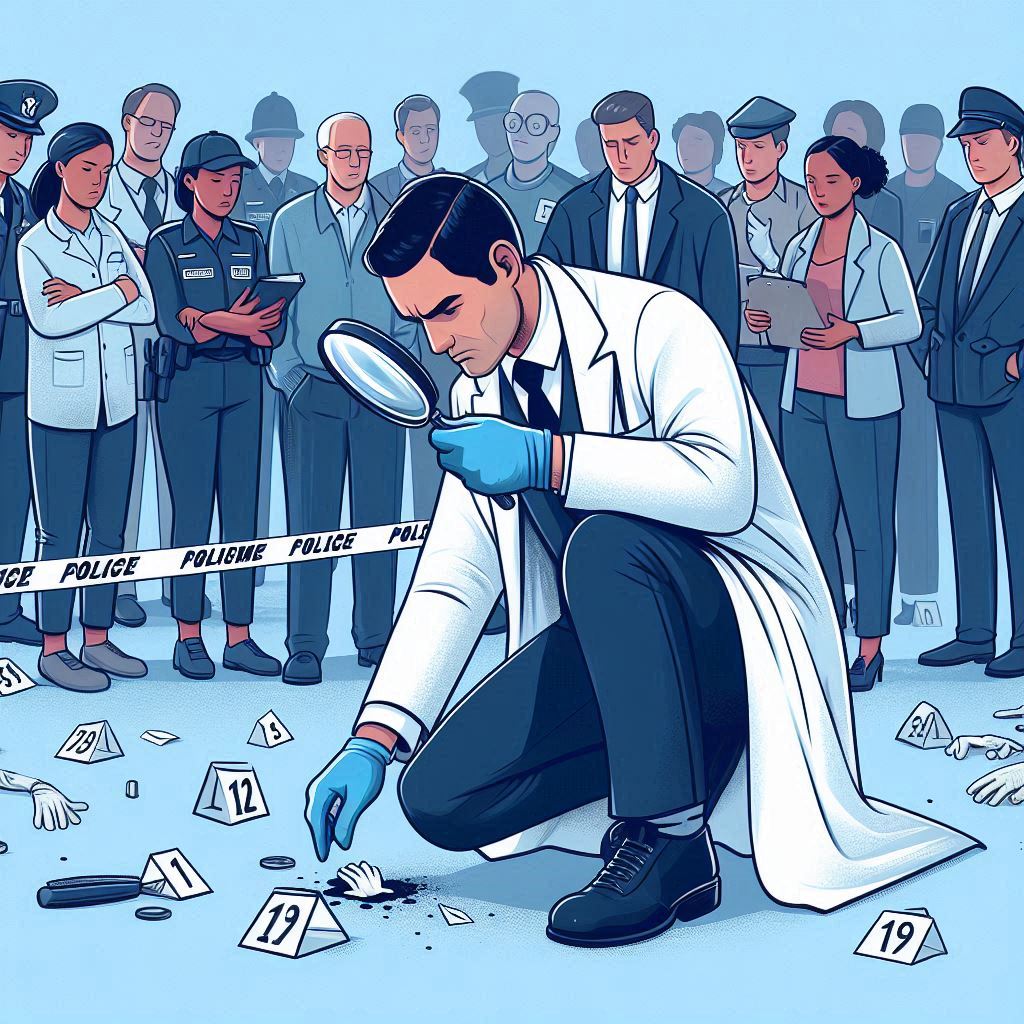Challenges Forensic Accountants Face

Maybe you have heard of CSI, the drama series that touches on forensic crimes and follows a team of crime scene investigators. But have you heard about forensic accountants? Yes there is such a thing as forensic accounting.
Forensic accounting is not without its difficulties. Fraudsters often go to great lengths to cover their tracks, falsifying records or employing complex methods to hide their actions. Investigating these cases requires persistence and a sharp eye for detail.
Legal and ethical challenges also come into play. Forensic accountants’ findings often become evidence in court, so their work must adhere to strict legal standards. Any error in their investigation or reporting could undermine the case and damage their credibility.
Time constraints pose another challenge. Fraud investigations often require swift action to minimize damage, yet they must still be thorough and accurate. Forensic accountants must balance these demands to ensure they uncover all necessary information without unnecessary delays.
Preventing Fraud with Forensic Accounting
While detecting fraud is a primary focus, forensic accounting also has a critical preventative role. By identifying weaknesses in financial systems, forensic accountants help businesses implement measures to deter fraud before it happens.
This might involve creating stronger internal controls, such as separating duties so no single employee has complete control over financial transactions. Other measures include improving audit procedures, using real-time transaction monitoring systems, and training staff to recognize signs of fraud.
By fostering a culture of transparency and accountability, organizations can not only reduce the risk of fraud but also build trust with their employees, customers, and stakeholders.
Forensic Accounting and the Legal System
Forensic accounting often intersects with legal proceedings, making it a vital part of many court cases. Forensic accountants are frequently called as expert witnesses, where they present their findings in clear, easy-to-understand terms.
Their ability to explain complex financial matters is crucial in helping judges, juries, and lawyers grasp the evidence. Whether it’s a case of employee theft or a multi-million-dollar fraud, the testimony of a forensic accountant can be pivotal in achieving a fair verdict.
To ensure their findings hold up in court, forensic accountants must adhere to strict ethical and professional standards. They meticulously document their work, remain objective, and follow legal guidelines to maintain credibility and avoid any perception of bias.
Why Forensic Accounting Matters More Than Ever
Financial fraud is constantly evolving, and businesses face new threats as they become more interconnected and reliant on digital systems. This makes the role of forensic accounting more important than ever.
Companies are increasingly investing in forensic accounting as both a reactive and proactive strategy. Beyond uncovering fraud, forensic accountants help organizations strengthen their financial systems and create a culture of accountability.
The rise of cybercrime has further expanded the scope of forensic accounting. Whether investigating ransomware attacks, tracing cryptocurrency transactions, or uncovering online fraud, forensic accountants are at the forefront of tackling financial crimes in the digital age.
Conclusion
Forensic accounting is a powerful tool in the fight against financial fraud. Forensic accountants uncover hidden wrongdoing, bring fraudsters to justice, and help businesses safeguard their assets.
Their role extends beyond detection and investigation; they’re also instrumental in prevention, helping organizations establish strong internal controls and ethical practices. In today’s ever-changing financial world, forensic accounting remains a cornerstone of financial security and trust.
For individuals and businesses alike, understanding and leveraging the value of forensic accounting isn’t just an advantage, it is essential for staying protected in an increasingly complex financial landscape.
